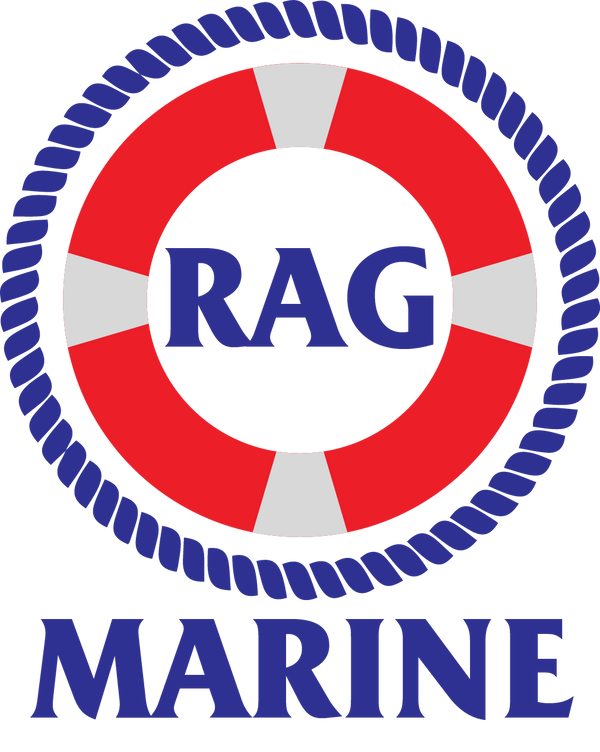Everything You Need to Know about Boat Accidents
Share
Boating can provide a fun and relaxing way to spend time outdoors, but it also carries risks. To minimize the chance of injury or even death, it’s important to observe safety precautions while operating your boat. This guide covers safety tips to help you stay safe on the water and ways to handle accidents should they occur.
Preventative Measures to Take While Boating
Before heading out on the water, it’s important to take preventative measures to reduce the chance of an accident. Make sure life vests are readily available and worn by every passenger. Establish a checklist of items to bring along, such as food, water, first-aid kit, flares, flashlights and other safety items. Keep an eye out for hazards such as rocks or shallow waters that could potentially cause damage and collisions with other boats or objects. Lastly, always inform someone else of your plans so they know when to expect you back in case of emergency.
Common Causes of Boat Accidents
Boat accidents are usually caused by a combination of factors, including operator error and negligence, weather-related incidents, mechanical failure, water conditions, obstructions or other boats in the vicinity. Operator error can refer to dangerous behaviors like overexerting or driving the boat beyond its safety limits or under the influence of drugs or alcohol. Weather-related incidents involve unexpected changes in wind, wind velocity, visibility and tide levels that may cause navigational difficulty or capsize the boat. Mechanical failure often results from inadequate maintenance either due to ignorance or neglect. Obstructions in the water can include buoys, rocks, floating debris and even marine animals. Lastly, collisions with other vessels can occur due to high speeds or negligent steering on one or both sides.
Dealing with Injuries and Deaths
Knowing what to do after a serious accident that involves injuries or casualties can be difficult. If you find yourself in such a situation, you'll need to take several steps. First, call emergency services if someone is injured and/or requiring medical attention. Even if no one appears to be hurt, it’s important that law enforcement is notified so an official record of the incident can be created. Then, assess the scene and make sure everyone is away from any potential danger. Finally, assess the damage done to any affected vessels and get them back on solid ground.
How to Document an Accident
When dealing with a boat accident, it’s important to document the events that occurred both before and after the incident. Begin by taking photographs of the scene and all damaged vessels. Then, take notes about what happened from everyone present at the accident including other boaters, fishermen, dock workers or anyone else who may have witnessed the incident. Be exceptionally detailed in your notes so you have a clear record of all information. Finally, contact your insurance provider right away along with any other necessary authorities or individuals affected by the accident.
Tips for Working with Insurance and Legal Representation
Working with insurance companies and legal counsel after a boat accident can be complex and involved. Get help from trained professionals such as Marine Lawyers or Maritime Accident Attorneys who specialize in marine insurance law and have experience dealing with marine accident cases. Make sure to document any conversations or events you may have related to the claims process, as this could become important later on. Remember—by looking out for your own interests, you can ensure that everyone impacted by the incident is fairly compensated.
